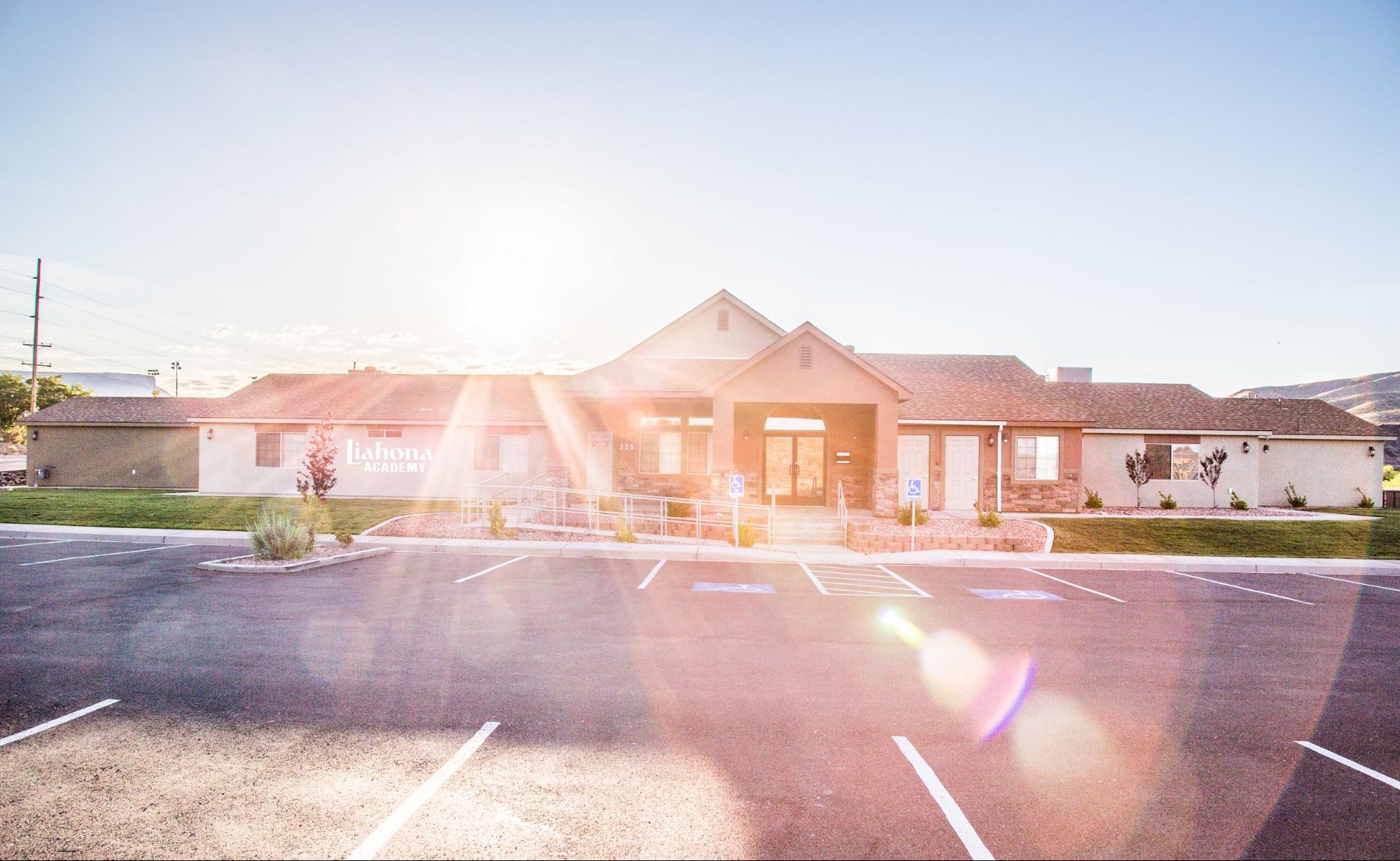The teenage brain is a mysterious place that has confused adults for generations. Teens tend to behave impulsively and often engage in activities that adults don’t understand.
Why do teens behave so impetuously and make illogical decisions?
Fortunately, numerous studies in teenage brain development have shed some light on the subject. As a parent, understanding your troubled teen’s brain and thought processes can help you foster a better relationship.
Understanding the teenage brain
Brain growth and development
Our brains go through significant changes as we grow up. When we are babies and toddlers, our brains grow at a rapid pace. New neural pathways are created, and the brain grows larger.
By age 6, our brains are nearly as big as they will get, but they are not fully developed. There’s still a lot of growth before full brain maturity.
The brain doesn’t reach its full size until the tween or early teen years, and it tends to happen a little faster for girls than for boys. However, brain size does not automatically equate to behavioral maturity. Just because the brain is as big as it’s going to get doesn’t mean it’s done forming.
Full brain formation
Throughout the teen and early adult years, the brain continues to develop. The human brain fully forms from back to front. So the back part of the brain is completed first, then the middle, then the front (the frontal lobe). Our frontal lobes do not fully develop until we are in our early to mid-twenties.
The lobes of the brain and their basic functions are:
- Occipital Lobe: Visual understanding — making sense of what you see
- Temporal Lobe: Memory & Hearing/Speech — memory and making sense of what you hear
- Parietal Lobe: Touch, Taste, Smell, & Scholastic learning — spatial perceptions, interpreting what you touch/taste/smell, mathematics, reading, and writing
- Frontal Lobe: Thinking, Planning, & Judgment — making decisions, judgment calls, emotions, and your personality
Why do teenagers behave illogically?
Since their frontal lobe is the last to develop, teenagers tend to behave illogically and act impetuously. Their ability to have sound judgment and rationalize their actions is not fully formed yet. Though they might realize that behavior comes with a certain level of risk, they either downplay the risk or feel like the reward is worth it.
Not only that, but the teen years come with an influx of hormones that can change their moods in the drop of a hat. With the added hormones, mood swings, and general uncertainty that accompanies the teen years, it’s really common for teenagers to behave irrationally.
Helping your troubled teen make better decisions
Though you can’t speed up their brain development, there are a few things you can do to help your troubled teen learn to make better decisions.
- Have regular conversations with your troubled teen about choices and consequences. Help your teen understand that their actions are their choice, and their choices have consequences. If they choose to participate in dangerous activities, they could end up with serious negative consequences.
- Encourage positive behavior. If you know that your troubled teen is reckless and might make hasty decisions, encourage them to develop positive hobbies that won’t likely result in negative consequences.
- Help your troubled teen learn to problem-solve. Many teens have no clue how to fix their problems in life, so they do whatever comes to mind first. By learning how to slow down and problem-solve, your teen will be more likely to make better choices in the future.
If your troubled teen’s behavior is getting them into trouble, you may need to find outside help. Some teens have a hard time thinking through the consequences of their actions and making purposeful decisions. Others know that what they’re doing could have negative consequences, but they do it anyway. In either case, teens must learn to assess potential impacts and make good choices.
If you need help finding the best treatment option for your troubled teen, contact us at Help Your Teen Now. We can help you navigate the teen help industry’s options to find the best treatment plan for your family.











0 Comments